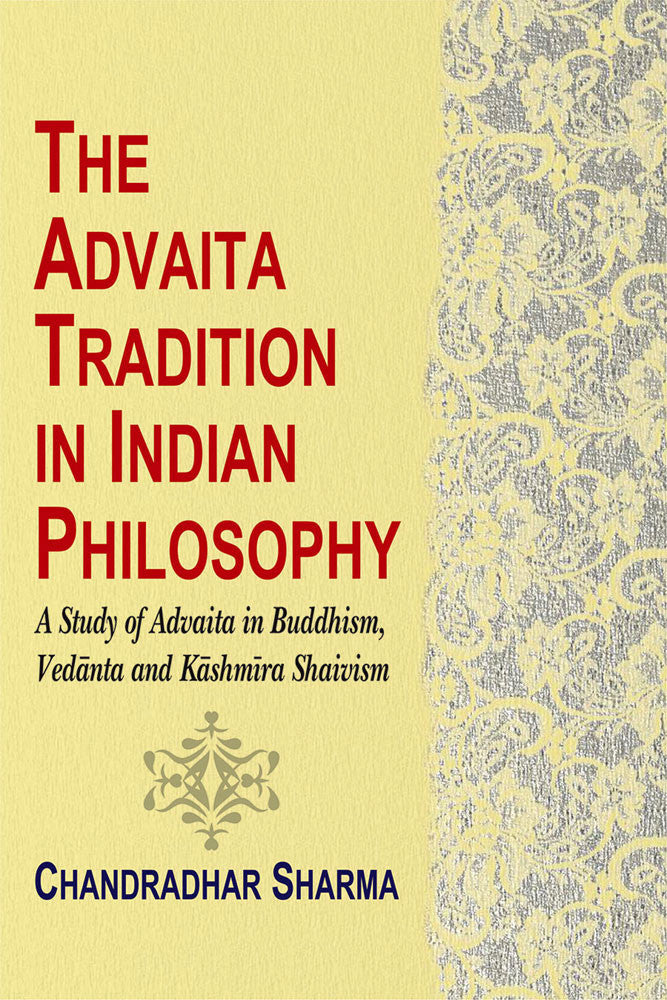The Advaita Tradition in Indian Philosophy: A Study of Advaita in Buddhism, Vedanta and Kashmira Shaivism
The Advaita Tradition in Indian Philosophy: A Study of Advaita in Buddhism, Vedanta and Kashmira Shaivism - Paperback is backordered and will ship as soon as it is back in stock.
Couldn't load pickup availability
The present work is a comparative and critical study of Shunyavada, Vijnanavada, Advaita Vedanta and Kashmira Shaivism, the four main systems of Advaitavada or spiritual non-dualism which has been the most celebrated tradition in Indian philosophy. It is based on the author's study of original sources and when dealing with fundamental issues original texts are either quoted or referred to. The points of similarity and of difference among these systems are discussed in detail and with great clarity. Professor Sharma, with his unique gift of expressing abstruse metaphysical thoughts in a clear language, has eminently succeeded in correcting some misconceptions and in clarifying many difficult and obscure points about these systems. This work is indeed a masterly survey of Mahayana Buddhism, Advaita Vedanta and kashmira Shaivism which brings into prominence the author's original contributions some of which are of outstanding merit for a correct appreciation of the relation among these systems.
The Advaita Tradition in Indian Philosophy will be found eminently useful by the students of philosophy in universities and colleges and also by all those who are interested in Buddhism, Vedanta and Kashmira Shaivism and who want a clear and accurate exposition of the development of the Advaita tradition in Indian philosophical thought.
Review(s)
"The book is quite good as an introduction to expose the interested students to some of the apparent similarities among the trends incorporated in the book and important issues raised by them. Likewise, it deserves credit to draw upon some of the important original sources, in contrast to the normal tendency to rely upon unreliable secondary sources or misleading translations. It may function as a good guide to future researchers indicating what sort of original works deserve to be studied carefully to refine one's understanding of those trends." - M.P. Marathe, The Annals of B.O.R. Institute, Vol.LXXIX (1998), Pune, 1999
-
Pages
-
Edition
-
Size
-
Condition
-
Language
-
Weight (kg)
-
Publication Year
-
Country of Origin
-
Territorial Rights
-
Reading Age
-
HSN Code
-
Publisher




